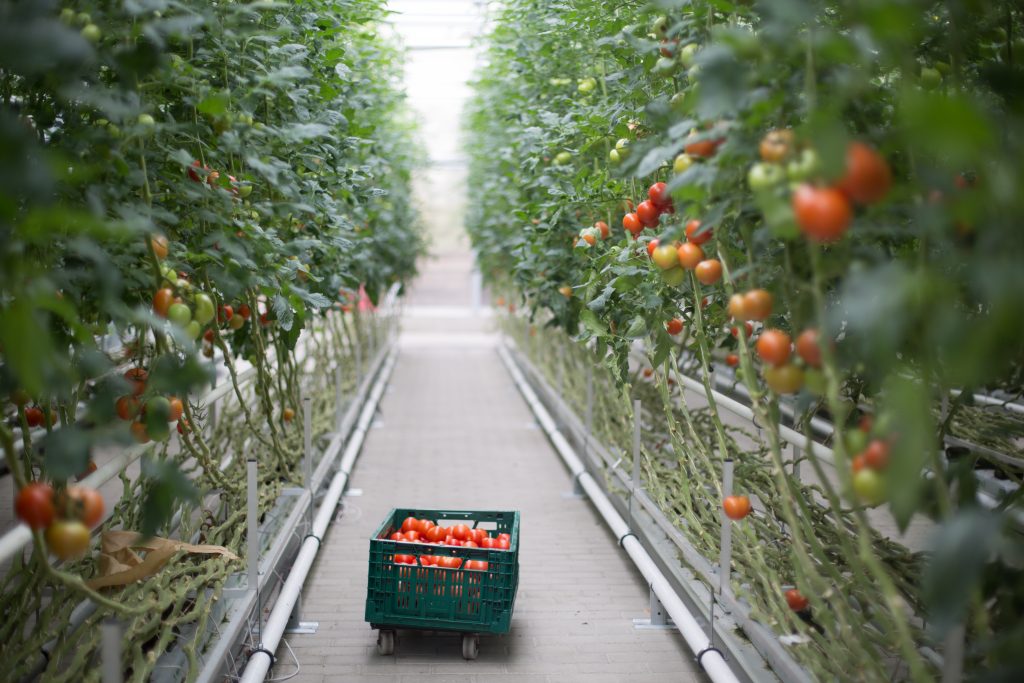
News
Labour
Growers encouraged to prepare for foreign worker arrival
March 27, 2020 By Greenhouse Canada
 Source: Getty Images
Source: Getty Images While the federal government continues to work out details on travel restriction exemption and isolation protocols for workers arriving under SAWP (Seasonal Agricultural Workers Program) and TFWP (Temporary Foreign Workers Program), growers are being encouraged by provincial associations to prepare their workplace for the arrival of foreign workers.
“It is imperative that we take measures to ensure ALL risks to the Canadian public are limited and all growers take actions to mitigate any negative public perception about the arrival of workers,” says the Ontario Fruit and Vegetable Growers Association (OFVGA) in a release dated March 23.
The Western Agriculture Labour Initiative (WALI) has noted the increased level of response to COVID-19 in Mexico, which has resulted in the closure of many non-essential services and businesses. This means that the Canadian Visa Administration Center (CVAC) in Mexico City will be closed from March 26 to April 19. Staff in the Ministry of Labour in Mexico City are working remotely to continue processing LMIAs, but the processing of work permits is stopped until CVAC re-opens.
The OFVGA notes that biosecurity protocols for both human and plant viruses need to be strictly enforced. Non-essential travel and visits from suppliers and vendors should be halted.
Best practices
The OFVGA has recommended the following best practices:
Establish COVID-19 monitoring protocols for existing employees and encourage them to self-monitor (see screening protocol and Ontario self-assessment questionnaire)
Develop an emergency response plan to manage your workforce should someone exhibit symptoms or test positive for COVID-19. This might require you to secure alternative housing arrangements for employees you provide housing for.
Encourage social distancing by providing on-farm services. This includes providing computer access for online shopping and delivery, grocery/meal delivery options, medication delivery, on-site or online banking for international money transfer.
Growers are urged to work with their banks to develop an online banking 101 and provide computer access to workers to facilitate this. Ensure congregation around the computer is minimized by setting a schedule, and institute a regular disinfection schedule for all common areas.
Turn to online services.
Make use of online/phone health services. Encourage your workforce to download the HUB Connect App and select Ontario if their region is not listed.
Discourage workers from going into town.
If necessary, limit the size of the group traveling together and encourage them to leave a distance of 2 meters between themselves and anyone else, both within stores but also if congregating in public spaces. Inform workers of the potential that law enforcement officers may take steps to disperse groups of individuals, including workers in public spaces.
Encourage your workforce to designate shoppers who can collect supplies for several workers, or coordinate the shopping for all of your workers. As many retailers have instituted maximum item purchases per person to limit hoarding, the OFVGA is working to encourage retail chains allow larger purchases when the intent is to buy for the needs of many individuals. Please do not abuse this.
Inform workers of the seriousness of the public’s concerns and indicate the potential for service providers and retailers to ask additional questions about recent travel, and encourage them to follow new or seemingly unusual rules that have been implemented to lower the risk of transmissions within businesses.
Around the farm
Increase housing amenities and establish bunkhouse sanitation and anti-congregation protocols (see website). Increase on-farm sanitation practices in all common areas (see website). Offer mental health supports to your workforce during these times of stress (see website). Post signage at the farm entrance with contact information to discourage unexpected visitors from entering the property.
For British Columbia-specific workplace COVID-19 information and resources, visit AgSafeBC and follow recommendations from the BC Centre for Disease Control on how to protect yourself, your workers and the community from the COVID-19 virus.
Print this page